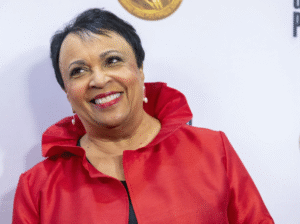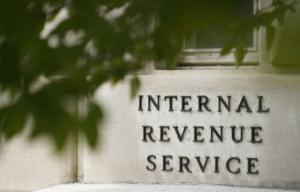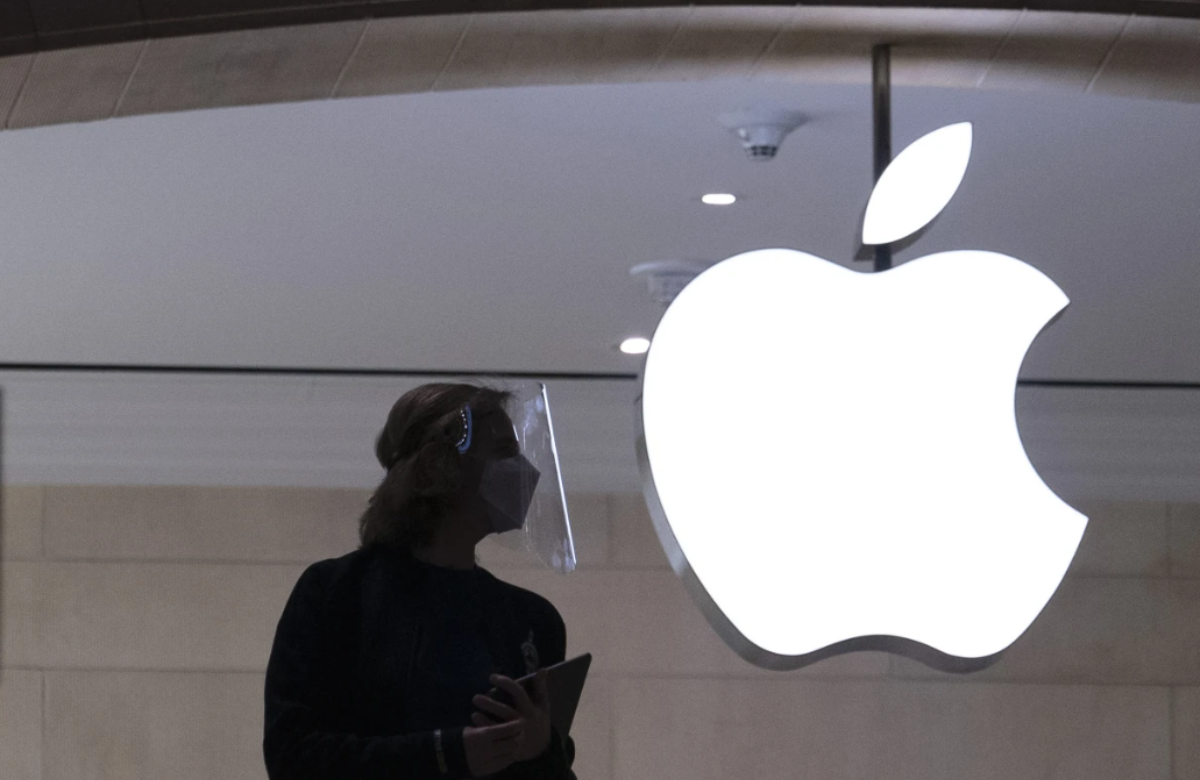The Trump administration on Monday renewed its plea to the Supreme Court to allow plans for reducing the federal workforce to proceed, despite ongoing lawsuits filed by labor unions and several cities.
This latest request followed a decision by the U.S. 9th Circuit Court of Appeals, which declined to block a California judge’s order halting the workforce reductions. The appeals panel, voting 2-1, expressed concern that the cuts could have wide-ranging impacts, including on food safety and veterans’ healthcare.
Last month, U.S. District Judge Susan Illston ruled that the administration lacked Congressional authorization to carry out significant federal workforce cuts. The administration initially appealed to the Supreme Court but withdrew its request due to technical legal issues before resubmitting it this week.
In its renewed appeal, the government argued that Judge Illston’s ruling was based on an incorrect interpretation of presidential powers. Solicitor General D. John Sauer asserted that the President has inherent constitutional authority under Article II to manage internal personnel decisions within the executive branch without explicit Congressional approval.
President Trump has frequently claimed he received a voter mandate to overhaul the federal government workforce. He enlisted billionaire Elon Musk to lead these efforts through the Department of Government Efficiency (DOGE), though Musk recently stepped down from this role.
Thousands of federal employees have left or been removed through various programs, including deferred resignation and termination of probationary workers. While exact numbers are unavailable, at least 75,000 workers have taken deferred resignation, and several thousand probationary employees have been dismissed.
Judge Illston’s order requires multiple federal agencies to stop implementing workforce cuts outlined in an executive order signed by Trump in February and a subsequent memo from DOGE and the Office of Personnel Management. Agencies affected include Agriculture, Energy, Labor, Interior, State, Treasury, Veterans Affairs, the National Science Foundation, Small Business Administration, Social Security Administration, and the Environmental Protection Agency.
The Supreme Court has set a deadline for next Monday for unions and cities—such as Baltimore, Chicago, and San Francisco—to respond to the government’s request.
Additionally, some labor unions and nonprofit groups involved in this lawsuit are also parties in a related case before a San Francisco judge. That lawsuit challenges the mass firings of probationary workers. Judge William Alsup ordered their reinstatement in March, but the Supreme Court later blocked his decision.













